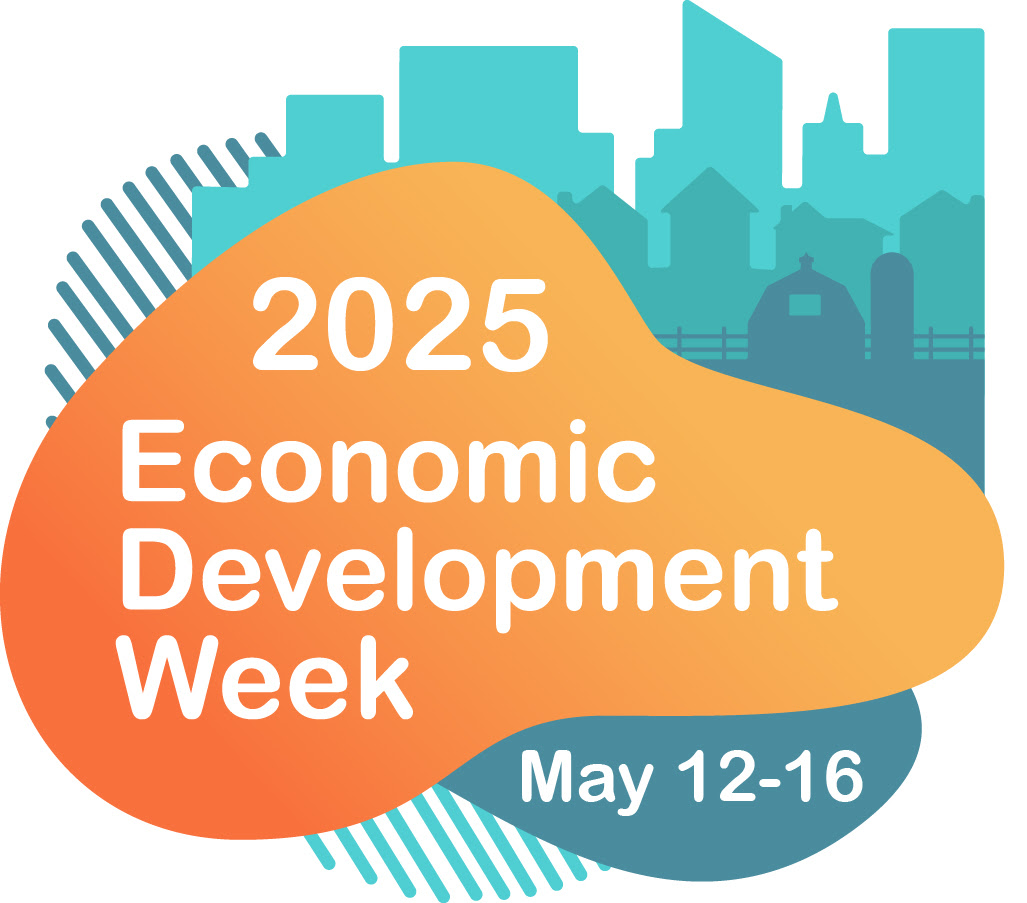

Fast access to St. Louis, Indianapolis, Chicago, Kansas City and Des Moines.
.jpg)
20 May 2025
News
On April 2, 2025, President Trump signed an executive order implementing a sweeping new round of tariffs, including a minimum 10% tariff on all U.S. imports and higher rates, up to 50%, on goods from 57 specific countries. While the headlines have focused on the national and global implications, the real question for business leaders in Jacksonville, Illinois, is this: What does this mean for us?
The answer varies for manufacturers, agribusinesses, logistics providers, and local retailers relying on imported goods or global customers. These changes could shape everything from monthly profit margins to long-term hiring plans and capital expenditures. The impacts are coming, and preparation is critical for Jacksonville's business community.
At its core, a tariff is a tax on imported goods. When the U.S. government imposes tariffs, the domestic companies importing those goods are responsible for paying the extra cost. These companies often pass those costs along by raising customer prices, cutting costs elsewhere, or reworking supply chains to stay competitive.
In short, tariffs ripple through the economy. While they're designed to protect U.S. industries, they often involve trade-offs that affect nearly every sector.
Tariffs hit in three major ways:
When import costs rise, businesses either absorb the cost, shrink profit margins, or pass the cost on to customers. Over time, most of the burden tends to fall on consumers. That means higher prices for everything from auto parts to plastic packaging.
Tariffs reduce demand for imported goods, but they also reduce the amount foreign governments and investors spend in the U.S., including purchases of U.S. bonds and assets. This can depress investment and productivity nationwide, a trend that eventually reaches smaller markets like Jacksonville.
As policy changes come quickly, businesses delay hiring, expansion, and major purchases. The Economic Policy Uncertainty Index, a national measure of how unpredictable government policy feels to decision-makers, has doubled since January. Analysts expect it to reduce investment by at least 4.4% in 2025.
Here in Jacksonville, the effects of tariffs are more than theoretical. The region has a diverse economic base, and many of its core industries are vulnerable to import cost increases and global market shifts.
Higher material costs could impact operations for local manufacturers—especially those in machinery, equipment, and processed goods that rely on international components. These changes may prompt careful reviews of pricing, sourcing, and production strategies.
With strong agricultural ties, Jacksonville may feel the effects of global trade responses. Counter-tariffs on key Illinois products like corn, soybeans, pork, and dairy could influence export demand, creating new considerations for farmers and agri-businesses already working within tight margins.
West Central Illinois plays an important role in freight and logistics. If import/export activity slows, it could influence cargo volumes and affect local transportation, warehousing, and service providers. Businesses may look to adjust growth plans in response.
Retailers and specialty producers that source goods or materials internationally may face rising prices and supply delays. Businesses like hardware stores or boutiques might need to balance pricing with customer expectations while exploring new sourcing options.
While tariffs may be outside local control, business leaders in Jacksonville can take practical steps to protect operations and profitability:
Jacksonville, IL, has weathered economic storms before, and with the right planning, its business community can do it again. But the new tariff environment demands vigilance, agility, and collaboration.
Whether you run a multi-million-dollar manufacturing operation or a family-owned storefront, understanding how tariffs flow through your supply chain and pricing strategy is now essential. Local knowledge and preparedness will be your most valuable assets in a time of global uncertainty.
Want to stay informed? Connect with the JREDC for real-time updates, educational resources, and local supplier networks.

.jpg)
.jpg)


Community Guide is Available
The City of Jacksonville is located in west central Illinois, 35 miles west of Springfield, the state capital. It is the county seat of Morgan County and one of the oldest towns in the Land of Lincoln, founded in 1825. Jacksonville was established by Yankee settlers from New England, who laid out farms, constructed roads, erected government buildings, and established post routes. They were part of a wave of European/American farmers who headed west into what was then the wilds of the Northwest Territory, during the early 1800s. Download Here!